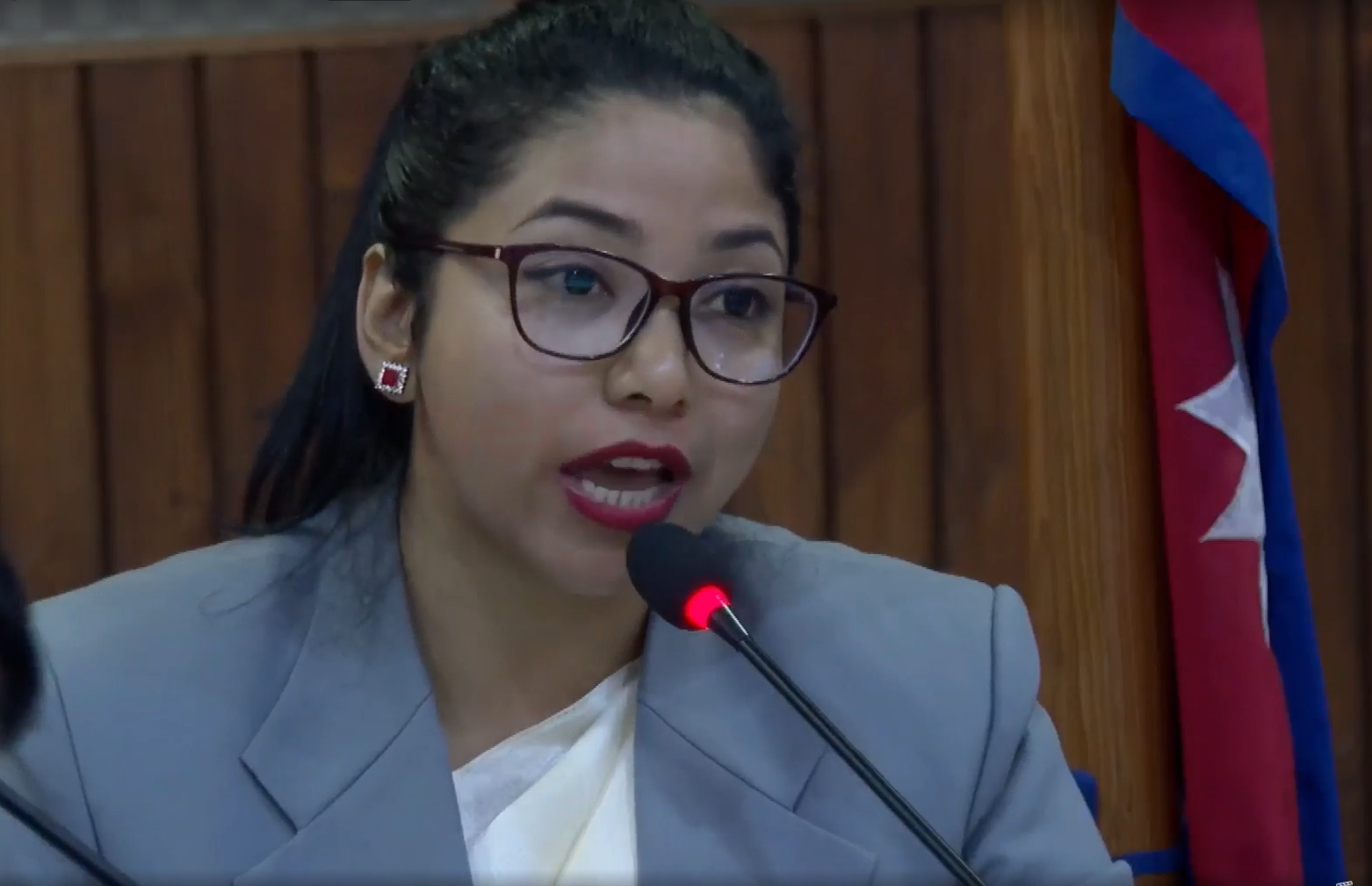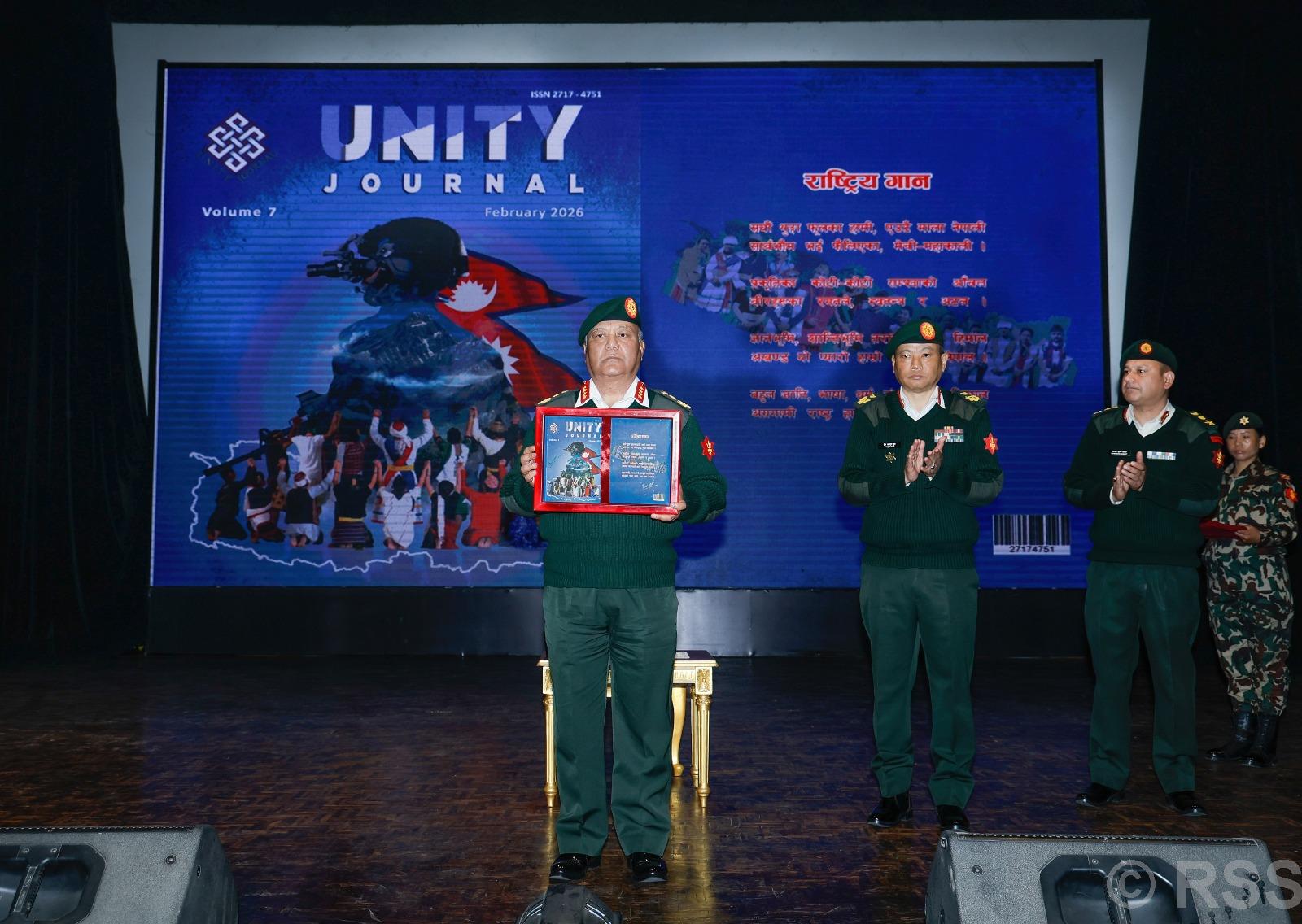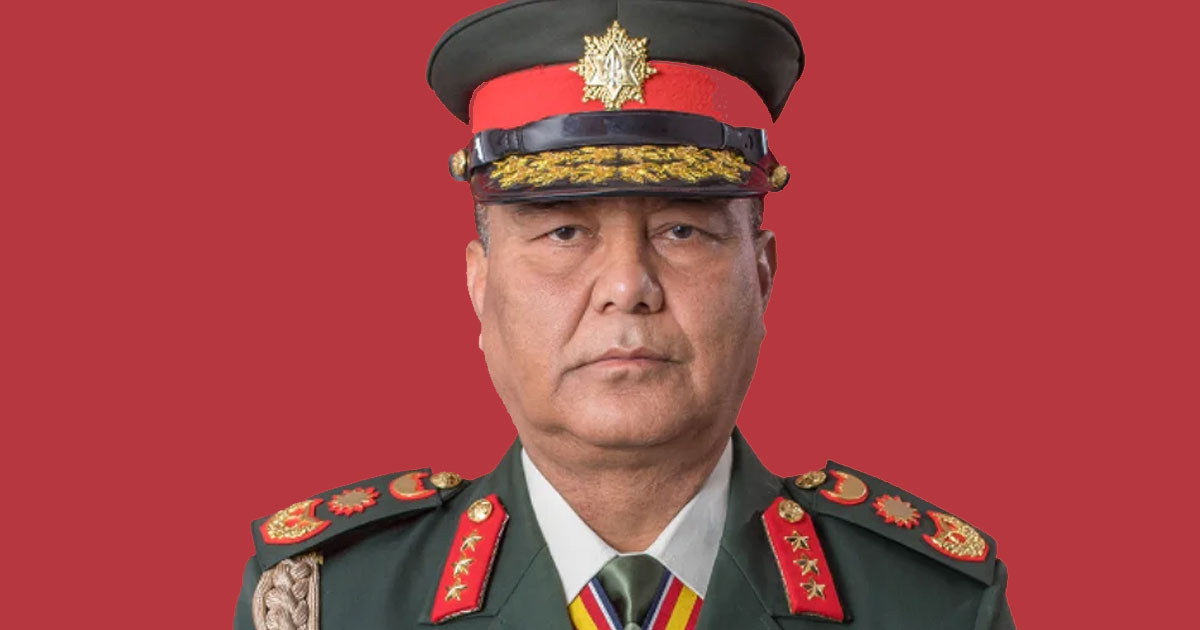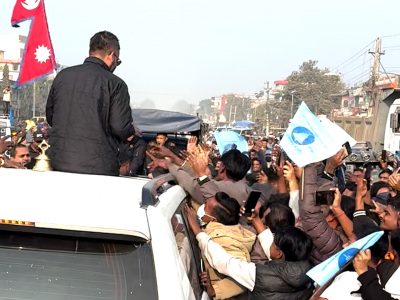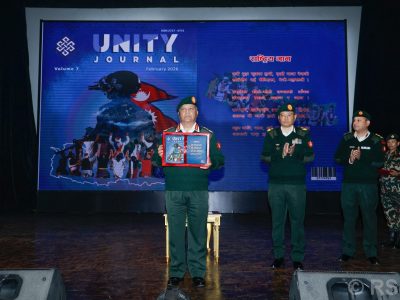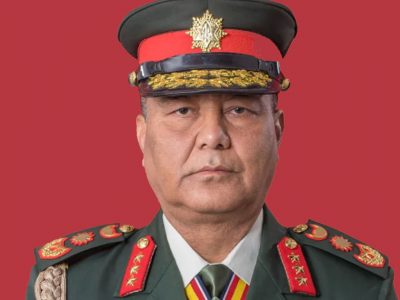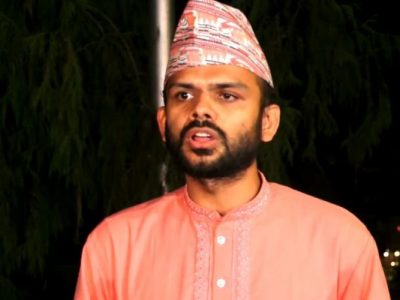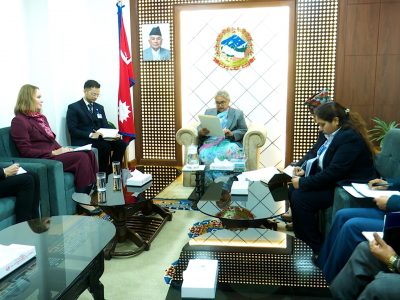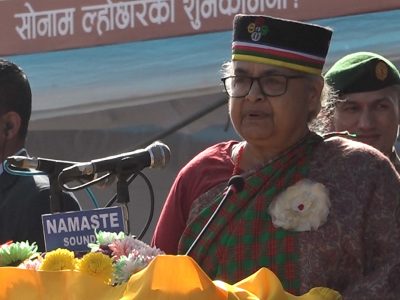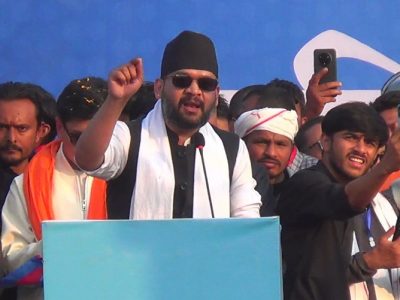Promoting Positive Peace and Reconciliation in Bhutan: A Call to Action
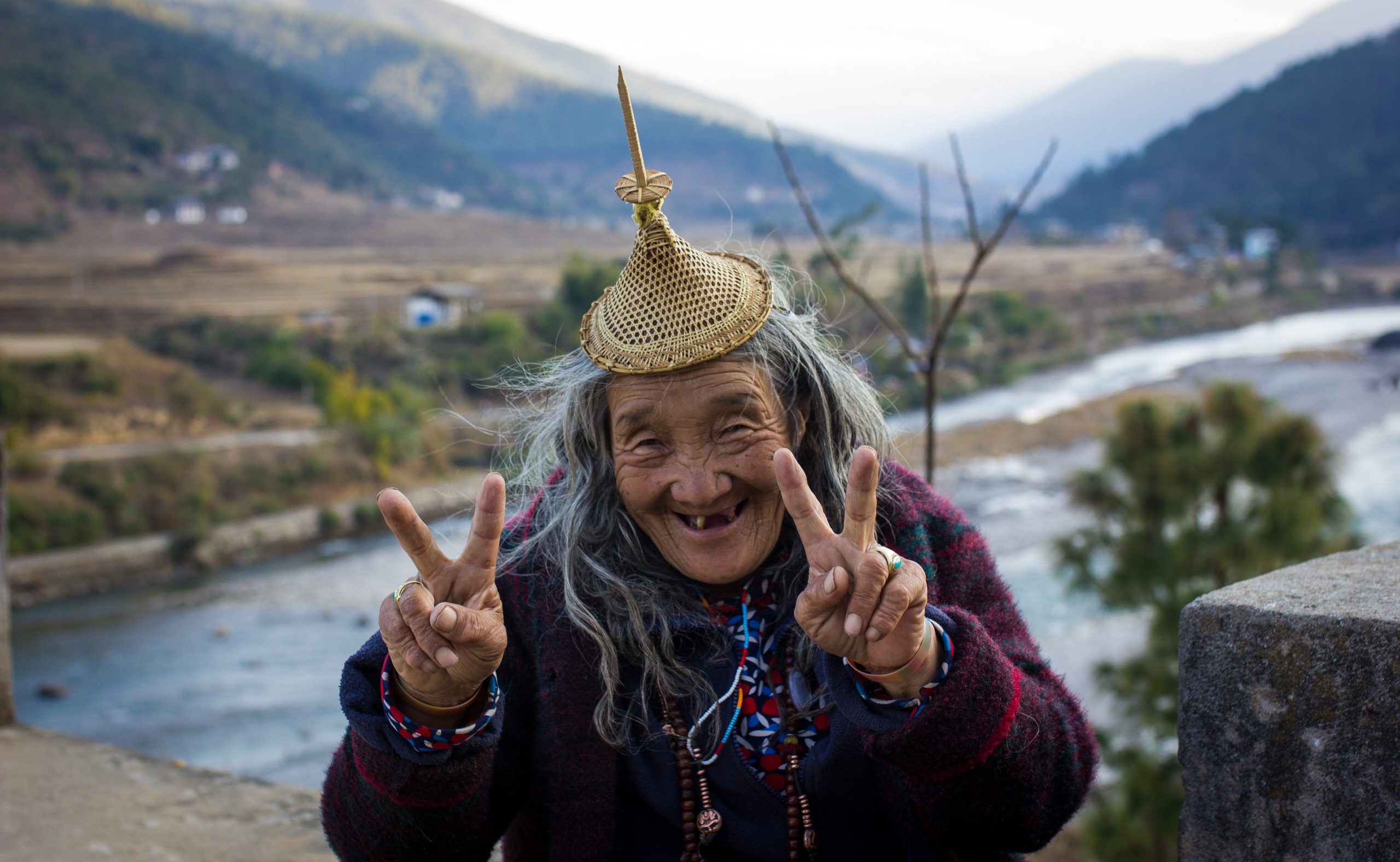
A happy woman poses for a picture in Punakha of Bhutan. Photo: Gaurav Bagdi
Bhutan, a small landlocked country nestled in the Himalayas, is known for its unique approach to governance and development. The concept of Gross National Happiness (GNH), which measures progress not only in economic terms but also in terms of well-being and happiness, has become a model for other countries to follow. However, Bhutan’s stand on GNH, model of good governance, and achieving peace and prosperity cannot be met without addressing the conflicts and tensions of the 1990s with the Lhotshampa minorities.
Bhutan’s path to sustainable peace and stability and achieving GNH would be a one-sided effort with its citizens still in refugee camps and political prisoners languishing in Bhutanese jails. Thus, in order to build a peaceful and prosperous future, it is essential that Bhutan prioritize peacebuilding and reconciliation efforts with Bhutanese in diaspora, especially those who are seeking justice for the loss and pain they endured.
The Peace Initiative Bhutan (PIB), a non-profit organization based in the United States, has a mission to promote peace and happiness through compassion, non-violence, and respect. To achieve this, PIB works to inspire Bhutanese in diaspora in building a harmonious relationship with people inside Bhutan and fostering a culture of compassion, non-violence, and respect. The goal of PIB is to create peace, happiness, and well-being in Bhutan and the world by promoting peace, building collaboration, and working with international partners.
PIB is working on creating a national and global network of Bhutanese diaspora who believe in a peaceful and positive future for Bhutan. PIB’s goal is to bridge the gap between the Bhutanese government and those in exile, find common ground, and promote justice and healing through compassion, kindness, and forgiveness.
PIB recognizes that achieving lasting peace and reconciliation in Bhutan will require a comprehensive and inclusive approach that involves all stakeholders. PIB’s approach is not adversarial towards the Bhutanese government but seeks to find a mutually beneficial solution through sincere dialogue, compassionate listening, and active participation in a comprehensive peacebuilding process.
Reconciliation is a critical component of peacebuilding efforts in Bhutan. Firstly, it addresses the root causes of conflict and promotes understanding and cooperation between the conflicting parties. Also, it helps to prevent the recurrence of conflict in the future. However, to start the process, Bhutan needs to reintegrate refugees and recognize the internally displaced people and provide them access to legal documentation and livelihood opportunities. This issue has been overlooked for decades.
Peacebuilding and reconciliation programs aim to promote unity among the citizens and connect to the Bhutanese diaspora across the world. By resolving underlying tensions and promoting trust and cooperation, peacebuilding and reconciliation efforts can help to create a more stable and secure environment for Bhutan.
Secondly, peacebuilding and reconciliation programs can help to rebuild the social and economic fabric of communities affected by conflict, as well as the larger population. By focusing on the well-being of individuals and communities, peacebuilding and reconciliation efforts can align with Bhutan’s Gross National Happiness policy, which seeks to balance economic growth with social and environmental sustainability and recognizes the importance of cultural and spiritual values in shaping individual and collective well-being.
Thirdly, resettled Bhutanese in developed countries can provide significant economic benefits, such as increased remittances and support for family members back home. By allowing them to visit their country of birth, Bhutan can promote tourism and generate economic opportunities. With over 92 thousand Bhutanese in the United States alone, and another 45 thousand in Canada, Australia, and Europe, there is potential for a variety of visa packages, including tourism, pilgrimage, and family reunions. This low-overhead opportunity could greatly benefit Bhutan’s economy. Furthermore, Bhutan should open channels for Direct Foreign Investment (DFI) with its diaspora to fund green technology, renewable resources, charitable work, and education.
While peacebuilding and reconciliation have many benefits, they also come with challenges, including addressing underlying systemic inequalities and fostering understanding between the government of Bhutan and the diaspora leaders. To achieve this, Bhutan should invest in building direct diplomatic ties with the United States, Canada, and the European Union nations to strengthen and foster democratic values and human rights in Bhutan.
Reconciliation is a complex process that requires healing past wounds and establishing peaceful coexistence between conflicting parties. The first step is recognizing and addressing past injustices and the grievances of victims. To accomplish this, the government must initiate a dialogue with victims to understand their grievances and establish mechanisms to address them. Civil society organizations can play a critical role in facilitating these dialogues.
The PIB’s call for action to promote positive peace and reconciliation in Bhutan will not only address the 35-year-old conflict but also help the country achieve its GNH objectives, create economic opportunities, and build diplomatic ties with the United States and other western nations with a growing Bhutanese diaspora. While the reconciliation and peace-building process is complicated, with the right approach and involvement of all stakeholders, including the PIB, a peaceful and positive future for Bhutan is achievable.
Sudarshan Sharma is an experienced social worker and community leader based in the United States. He is currently the Executive Director of the Bhutanese Community of Central Ohio, an organization dedicated to serving the needs of Bhutanese refugees in the USA. He is also the Co-founder of PIB. Sharma holds a degree of Master of Arts in Social Work.
Facebook Comment
latest Video
Trending News
- This Week
- This Month




